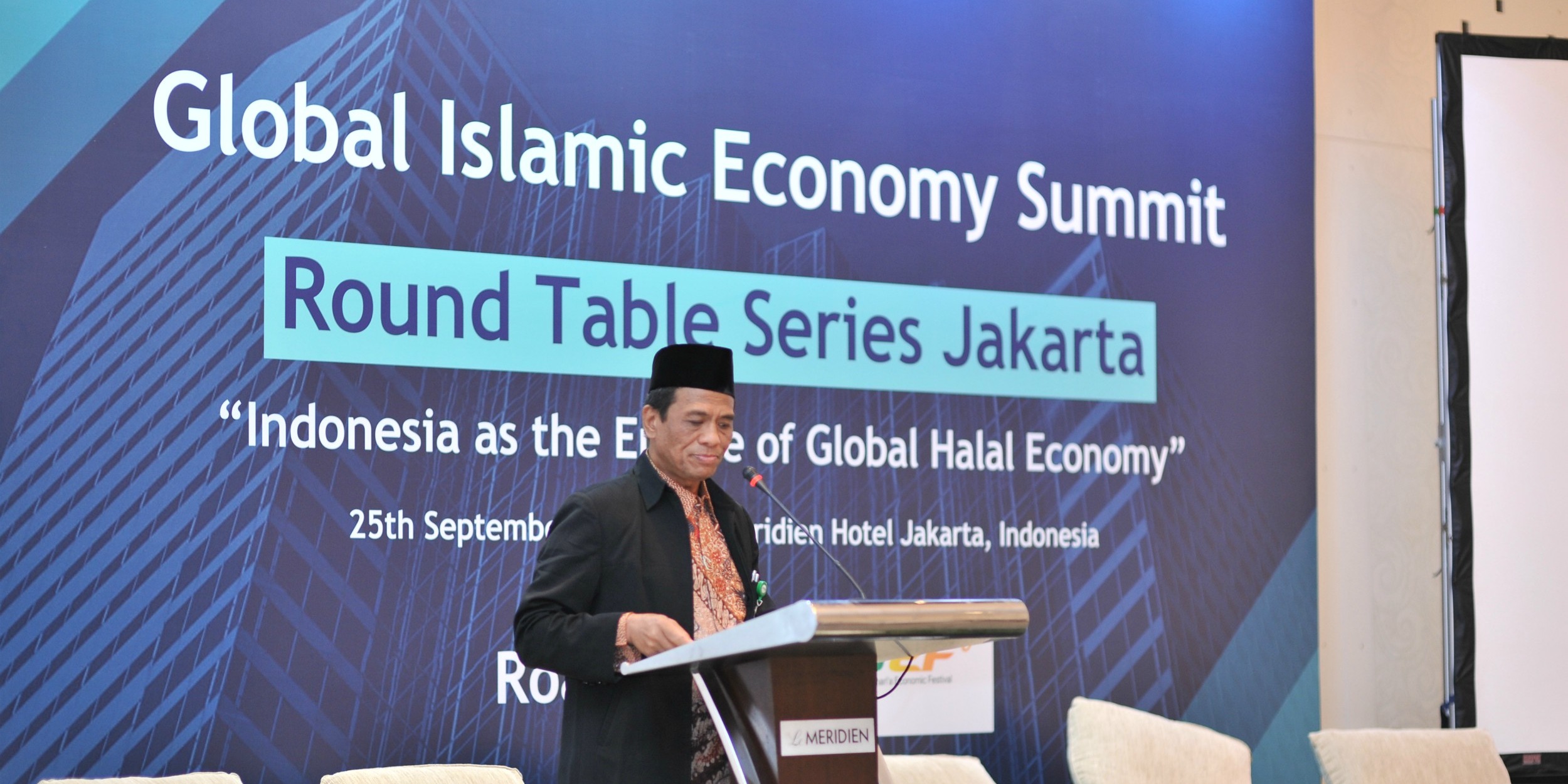Indonesia halal certification process in government discussions for improvements
JAKARTA – The Indonesian government’s halal authority BPJPH is in discussions with the House of Representatives Commission VIII (religious, social, and women’s empowerment affairs) over a draft Omnibus Law to improve the halal certification process, its head Prof. Sukoso told Salaam Gateway.
The regulation will cut the time required for the halal certification process from around 90 days to 21 days, waive fees for micro and small enterprises with turnover of below 1 billion rupiah ($70,000), and exempt mandatory halal certification for low-risk businesses such as fruits and fried food sellers.
“We are finalizing the bill. There will be a self-declaration policy for low-risk and riskless businesses but for others they are still mandated to process halal certifications, that will be processed in 21 days at the latest,” said BPJPH head Prof. Sukoso.
The COVID-19 pandemic disrupted BPJPH’s halal certification process and Prof. Sukoso said that since it took over as the country’s only halal certifier from Majelis Ulema Indonesia (MUI) on October 17, 4,050 halal certification applications (until May) were paused due to difficulties completing some tasks such as printing of certifications, getting signatures, and stamping logos.
Prof. Sukoso expects the first appointed Halal Audit Institution (LPH), Sucofindo, can assist BPJPH to tackle the backlog.
Sucofindo was officially assigned as a LPH after BPJPH conducted a review of its capacity and capability.
“We officially declared them as our first halal audit institution partner in late February. They submitted all documents required and should have run the operation since then but the COVID-19 pandemic emerged, so their operation is paused. As we know, the halal industry needs special mechanisms, especially in checking conformity and Sucofindo suits this job,” said Prof. Sukoso.
He said Sucofindo has six halal auditors that have passed competency tests set by the MUI. A minimum of three auditors is needed to establish a halal audit institution.
Sucofindo also has the required facilities and infrastructure, as well as many branches and laboratories across Indonesia, that qualify it to support the work of halal auditing. It is also certified ISO 17205 for Testing Institutions. The body has 63 years of experience conducting conformity tests, inspections and certifications, as welll as assessing the halal industry.
BPJPH is also seeking partnerships with other companies, including PT Surveyor Indonesia. It would need to pass all four requirements, including having its own laboratory facilities, its own branches across Indonesia, register and receive accreditation from BPJPH, and employ a minimum of three halal auditors certified by MUI.
More certified halal auditors are in the pipeline. Around 233 halal auditor candidates from 35 universities and 77 halal audit institutions are also on the waiting list for MUI competency tests.
(Reporting by Yosi Winosa; Editing by Emmy Abdul Alim [email protected])
© SalaamGateway.com 2020 All Rights Reserved
